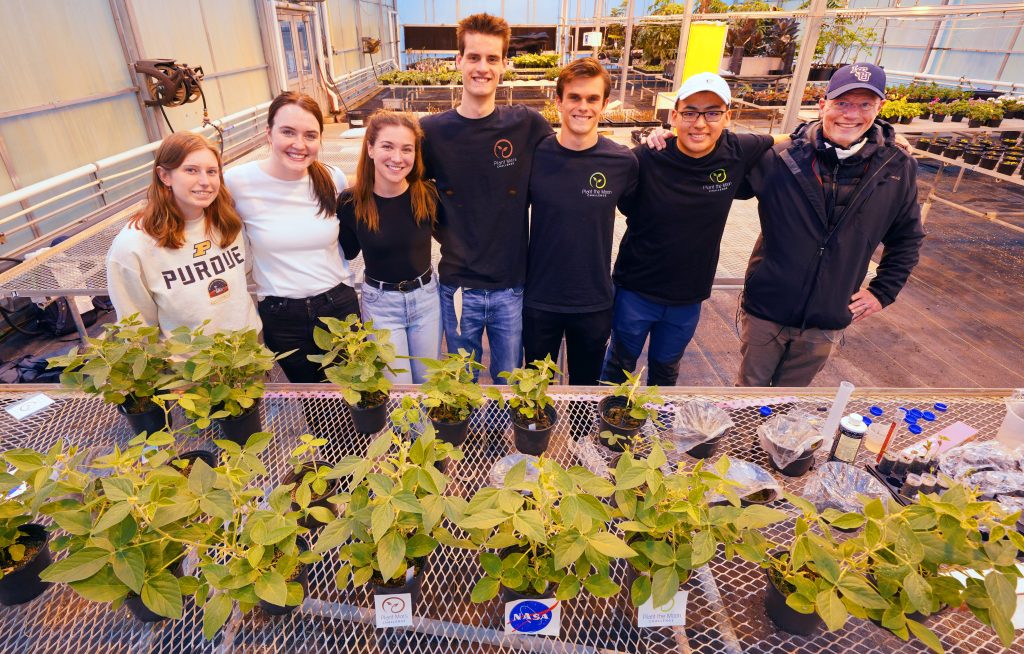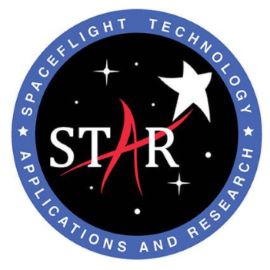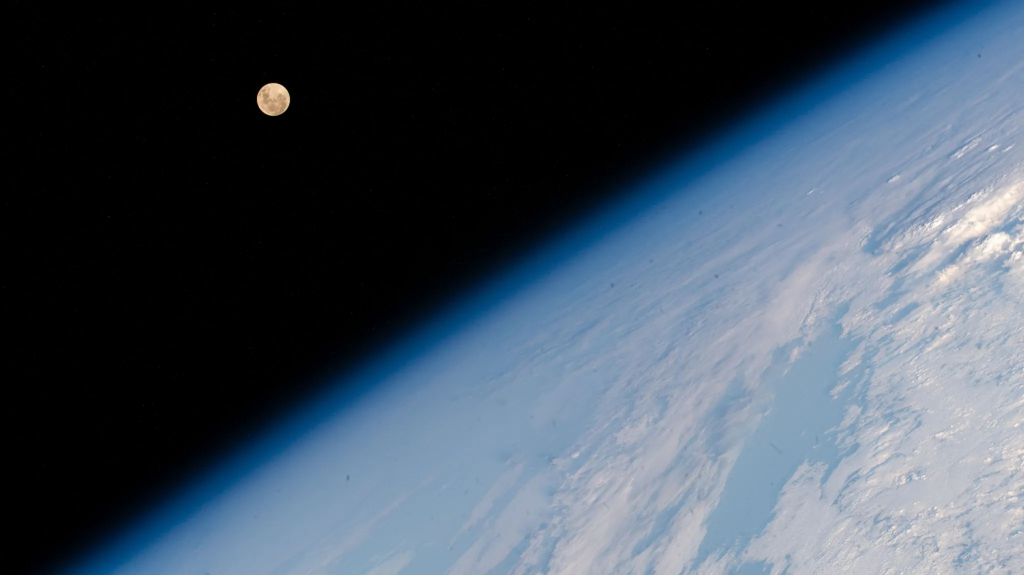
Plant The Moon Challenge Opens – TSGC Funding Available

Join a global science experiment with NASA Texas Space Grant and the Institute of Competition Sciences in this fall’s Plant the Moon Challenge!
With NASA going back to the Moon, astronauts need help with resources to maintain their long-duration missions. One of the ways students can help is by conducting crop experiments in lunar regolith.
In Plant the Moon, teams of K-12 and college students choose a crop and define their own parameters to support plant growth. Over 8 weeks, students will test what nutrients, fertilizers, or other modifiers will produce sustainable food sources.
Texas Space Grant will offer funding for a limited amount of High School and College teams from Texas.
NASA’s Beyond the Algorithm Challenge Accepting Submissions

The NASA Earth Science Technology Office seeks transformative or unconventional computing technology approaches to improve flood water analysis. Flood hazards affect personal safety and land use initiative, by using quantum computing, quantum machine learning, neuromorphic computing, in-memory computing and more, NASA ESTO can directly protect and prepare for future disasters.
Up to three winners will receive $100,000.
Applications are currently open for Phase 1 submissions through July 25.
Virtual Space Biosciences Training Course: STAR

Spaceflight Technology, Applications, and Research (STAR) is a virtual NASA training course focused on the science and technology behind biological experiments in space. STAR aims to facilitate the entry of researchers (principal investigators, senior research scientists, and postdoctoral students) into space biology in preparation for conducting spaceflight experiments using NASA and commercial platforms.
Applications for the STAR training course close on July 9.
NASA Space Technology Mission Directorate – Early Career Faculty Solicitation

NASA’s Space Technology Mission Directorate is seeking proposals from U.S. universities on behalf of outstanding early-career faculty members who are beginning independent research careers. Early-career faculty examine new ideas and approaches to space exploration, space science, and other civil space pursuits more effective, affordable, and sustainable.
Applications close on July 10.
THIS MONTH IN SPACE

JULY 1, 2005
FIRST ORBIT OF SATURN
NASA’s Cassini spacecraft enters Saturn’s orbit and becomes the first spacecraft to do so. This marked the beginning of Cassini’s study of the planet, its rings, and moons.
JULY 4, 2005
FIRST SPACECRAFT TO IMPACT A COMET
NASA’s Deep Impact released an impactor into Comet Tempel 1. The impactor created a crater and ejected material from the comet’s interior, allowing scientists to study the comet’s nucleus.
JULY 20, 1969
APOLLO 11 LANDS FIRST HUMANS ON THE MOON
Neil Armstrong and Buzz Aldrin landed the lunar module Eagle in the Sea of Tranquility – Armstrong would be the first person to walk in the lunar surface.
